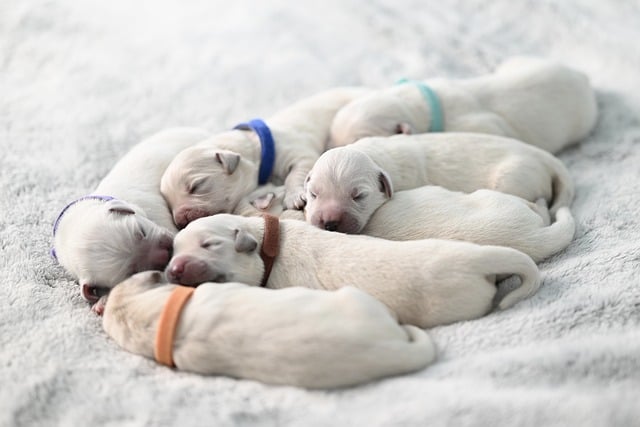
How do you treat flaky skin on dogs
If you’ve ever brushed your pup in the morning and noticed little white flakes floating onto the couch, you’re not alone. Flaky skin is one of the most
That distinctive "scooting" across your favorite rug isn't just odd behavior - it's often your dog's way of telling you something's uncomfortable back there. Unlike humans, dogs have two small scent glands located at 4 and 8 o'clock positions around their anus that can become uncomfortably full when not expressing naturally. Learning to recognize the early signs prevents painful impactions and aligns with modern animal welfare standards that emphasize proactive care over reactive treatments. While some dogs never have issues, certain breeds like Beagles and small dogs are more prone to gland problems that require owner vigilance.
The most obvious red flag is the classic "butt drag" across floors, but several subtler signs appear first. You might notice your dog licking or biting at their rear more than usual, or turning suddenly to look at their backside as if something startled them. Some dogs develop a distinctive "fishy" odor that lingers even after baths - this comes from small amounts of anal gland fluid leaking out. During poop time, watch for excessive straining or producing unusually small stools, since firm bowel movements normally help express the glands. In multi-dog households, you might see other pets showing unusual interest in one dog's rear end - they can smell gland issues long before humans notice. These behaviors shouldn't be punished - positive reinforcement training helps dogs tolerate the examinations needed to check their gland health.
Safe home checks can confirm suspicions without invasive probing. With your dog standing, lift their tail gently (offer treats to create positive associations) and look for swelling or redness at the gland locations. Normal glands aren't visibly prominent - if you see grape-sized bulges, they're likely full. Smell matters too - healthy anal glands don't produce noticeable odor unless expressed. For apartment dwellers, be extra alert since carpet scooting can damage deposits and violate lease terms in some buildings. Always wash hands thoroughly after checking, and keep your dog's rabies vaccination current - many groomers require proof before performing gland expressions.
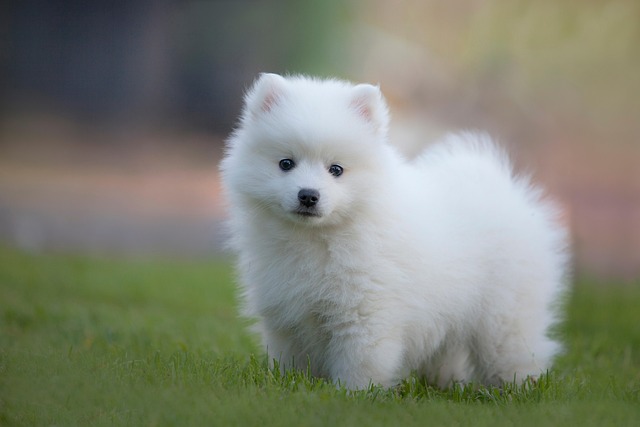
When home monitoring isn't enough becomes a critical judgment call. If the area looks inflamed, feels hard to gentle external pressure, or if your dog shows signs of pain (yelping, reluctance to sit), visit your vet immediately. Left untreated, impacted glands can abscess - a painful condition requiring antibiotics. Some European countries actually consider chronic gland neglect a welfare issue, since it causes preventable discomfort. Professional help is also wise if you notice blood in the expressed fluid or if problems recur monthly despite dietary adjustments. Never attempt internal expression without proper training - this risks injury and violates animal welfare guidelines in many regions.
Prevention focuses on diet and exercise fundamentals. High-fiber foods promote firm stools that naturally express glands during elimination - canned pumpkin or psyllium husk can help. Regular exercise stimulates bowel movements at optimal times rather than rushed potty breaks. For prone dogs, monthly external gland checks during bath time catch issues early. With attentive care, you can keep your dog comfortable while being a responsible neighbor - because nobody wants that fishy smell lingering in shared hallways.

If you’ve ever brushed your pup in the morning and noticed little white flakes floating onto the couch, you’re not alone. Flaky skin is one of the most
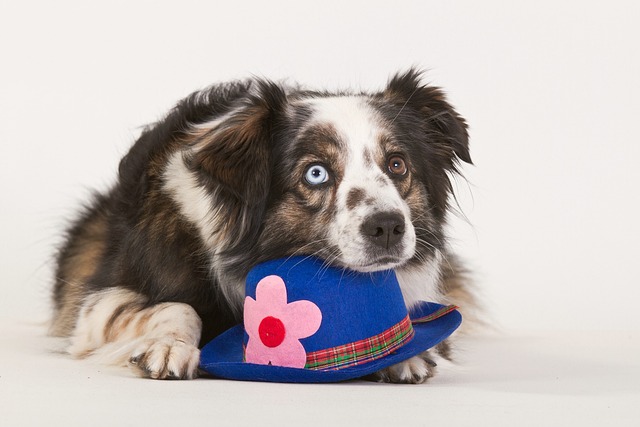
Pigmentary keratitis in dogs is a condition where dark, discolored patches form on the cornea, the clear outer layer of the eye.
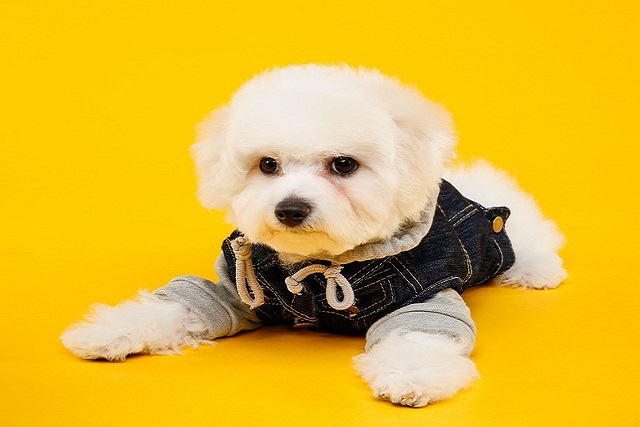
If you’ve noticed your dog scratching more than usual—maybe gnawing at their paws or rubbing their face against the couch—you might start checking their skin for clues.
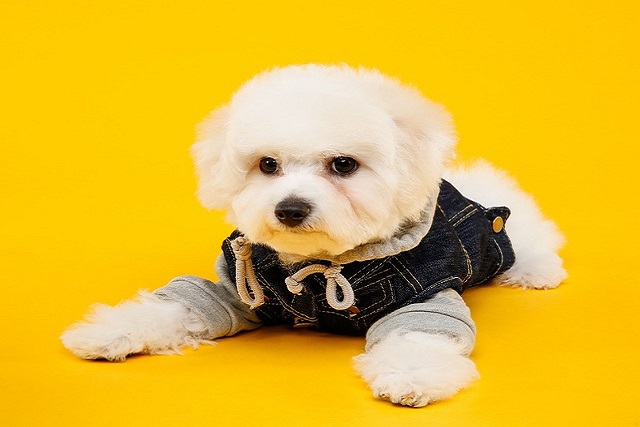
If you’ve ever watched your dog pad across hot asphalt in summer or crunch through icy sidewalks in winter, you’ve probably wondered how to protect those fuzzy paws.
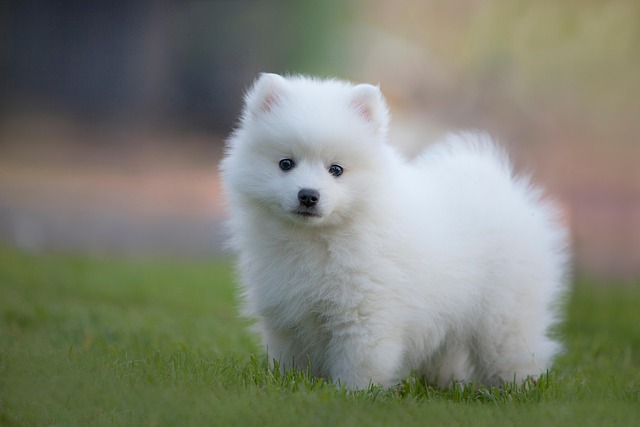
That distinctive "scooting" across your favorite rug isn't just odd behavior - it's often your dog's way of telling you something's uncomfortable back there.

If you’ve noticed your dog’s nails are so long they curl under or make a loud “click-click” on your kitchen floor, you’re not alone.